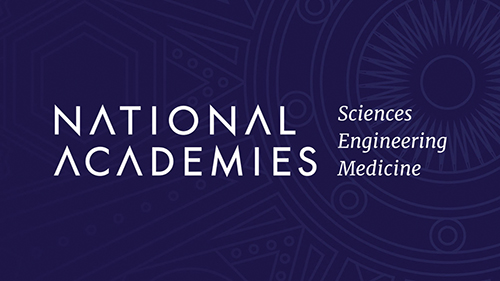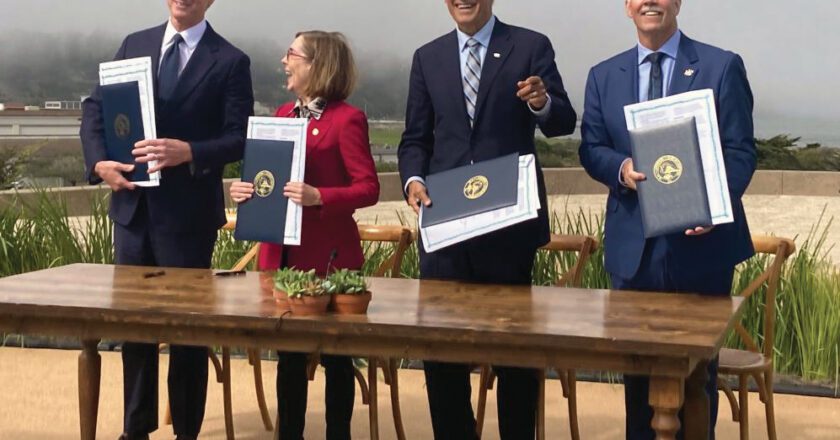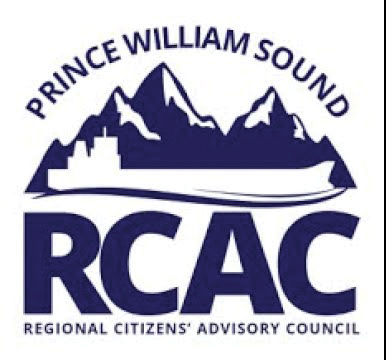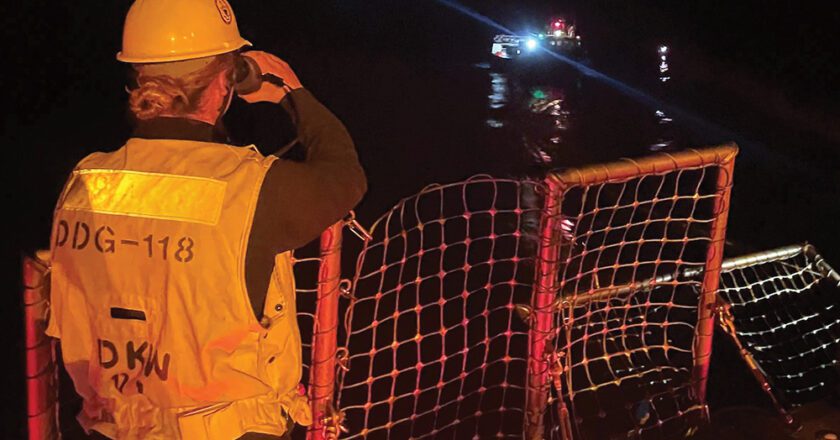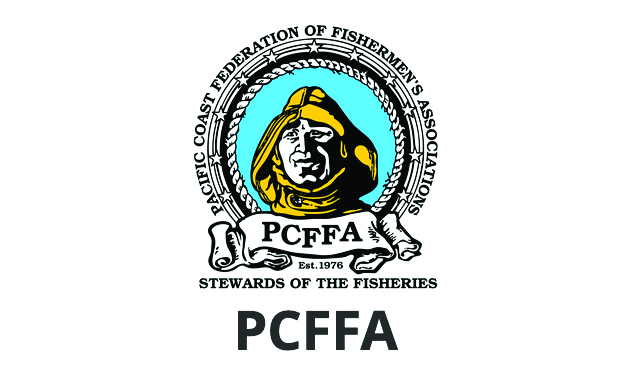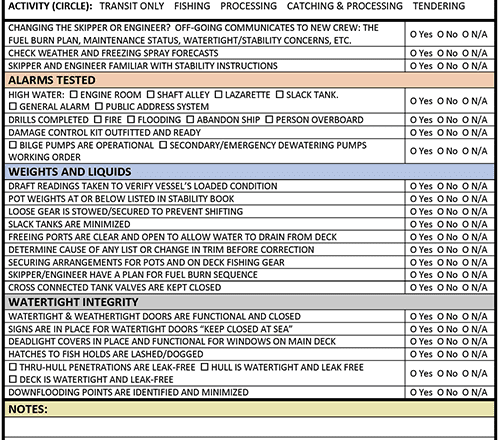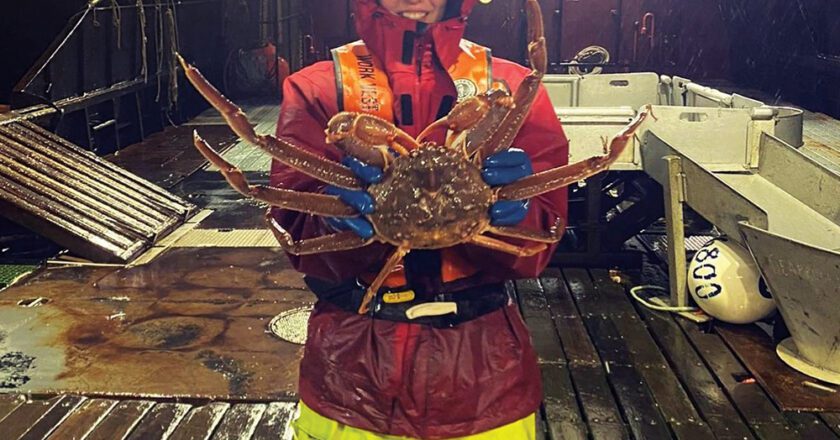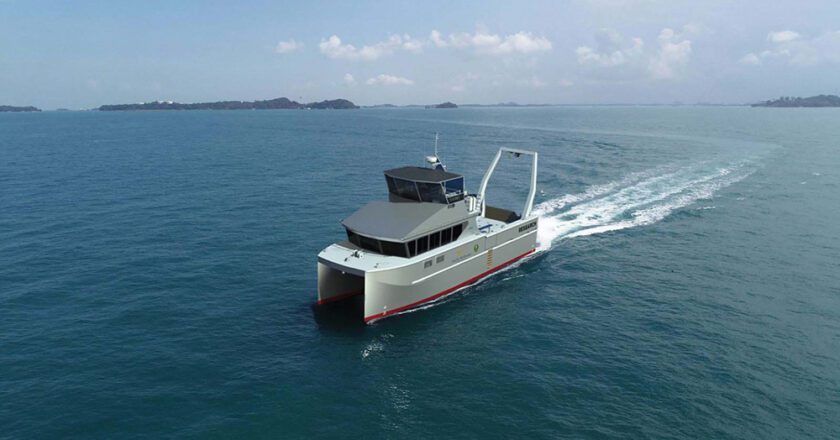NASEM Committee to Advise on Offshore Wind Development
A new committee being formed by the National Academies of Sciences, Engineering and Medicine (NASEM) is expected to provide ongoing assistance to the federal Bureau of Ocean Energy Management in efforts to engage the fisheries industry as it manages development of offshore winds, it was revealed in late October.
The standing committee is to serve as a forum to discuss the state of science and pressing concerns related to the development of offshore wind and its potential impacts to fisheries.
The committee is expected to meet regularly and engage in discussions and exchange of information on key related topics and to provide expert assessment of recent developments in selected fields of science and technology and general advice on gaps and priorities for research.
The committee would ...

